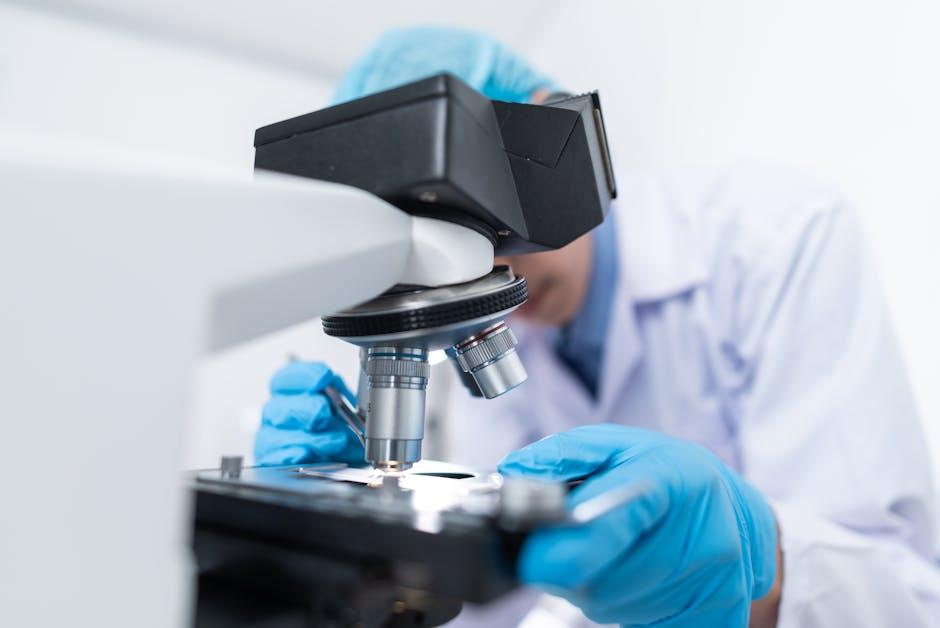An ‘AI Scientist’ Is Inventing and Running Its Own Experiments
Artificial Intelligence (AI) continues to push the boundaries of human understanding and capabilities. In a ground-breaking development, scientists have now created an “AI Scientist” that can not only invent its own experiments but also run them autonomously. This extraordinary achievement marks a significant stride toward the future of AI-driven scientific discovery.
The idea of an AI-driven scientist may evoke images from science fiction, with complex machines controlling laboratories and conducting experiments. However, this cutting-edge development is firmly grounded in reality. The new system, called the Artificial Chemist (AC), has been designed and trained to perform the duties of an actual scientist, albeit with revolutionary speed and efficiency.
The Artificial Chemist has the incredible ability to generate hypotheses, design experiments to test them, and then analyze the results. It can perform these tasks in a fraction of the time that human scientists would require. Using complex algorithms and machine learning techniques, the AI scientist identifies potential research questions based on existing scientific knowledge and generates unique experiments to answer them. Unlike traditional scientific experiments that typically rely on pre-existing paradigms, the AC is not limited by prior assumptions. This newfound freedom allows it to explore uncharted territories and uncover novel scientific insights.
One may wonder how the AC can conduct experiments. It pairs its ability to generate virtual molecule structures with a robotic chemistry lab to bring its ideas to life. This laboratory setup allows the AI scientist to carry out physical experiments and collect data for analysis. By being equipped with this practical experimentation capability, the AC can bridge the gap between theoretical predictions and experimental validation, a crucial component of scientific research.
The implications of this breakthrough are massive. The AC has the potential to dramatically accelerate the pace of scientific discovery across various domains. With its tireless and efficient operation, the AI scientist can generate hypotheses and conduct experiments twenty-four hours a day, seven days a week. This unprecedented level of productivity promises to unlock scientific advancements and innovations on a scale never seen before.
Moreover, the AC is not limited to a particular field of study but can be applied to various scientific domains. From drug discovery to materials science, the AI scientist has the flexibility to explore diverse research areas. This versatility can lead to groundbreaking breakthroughs that benefit technological advancements, human health, and environmental sustainability.
However, it is important to consider the ethical concerns that come with the advent of AI scientists. As we rely more and more on AI systems to conduct research, we must ensure that the technology is used responsibly and does not replace human scientists. Human collaboration, intuition, and ethical judgment are vital facets of scientific discovery that cannot be replicated by machines. Instead, the AI scientist should be seen as a powerful tool that complements and augments human intelligence, enabling us to explore and unravel the mysteries of the universe more efficiently.
the creation of an AI Scientist, capable of inventing and conducting experiments autonomously, brings fresh possibilities to the world of scientific discovery. With its remarkable abilities to generate hypotheses, design experiments, and analyze results, the Artificial Chemist represents a new era in AI-driven research. However, it is crucial to maintain a balance between relying on machine intelligence and nurturing human expertise in the pursuit of scientific knowledge. As AI continues to evolve, the AI scientist will undoubtedly play a significant role in shaping the future of scientific exploration and innovation.
Hey Subscribe to our newsletter for more articles like this directly to your email.
